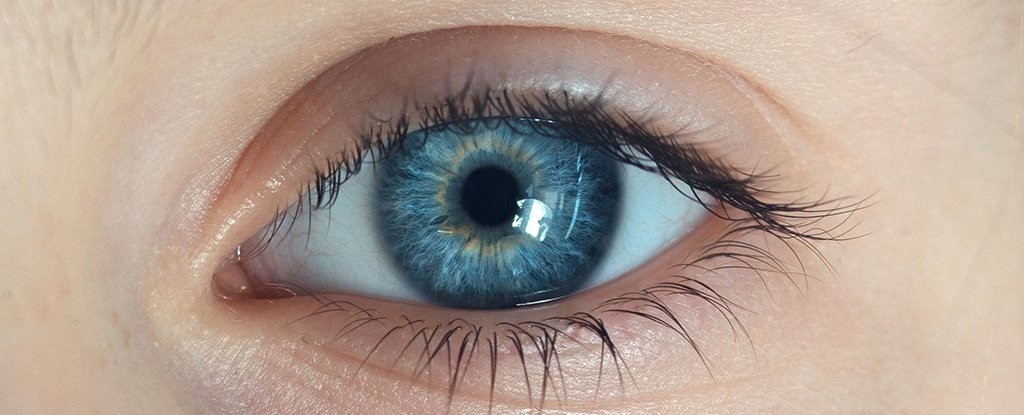
Eye drops to treat blurry vision are now available
In presbyopia, the lens of the eye gets harder and less elastic with age, and the eye muscles lose power over time. It becomes more difficult to focus on things that are close up, especially when they're small.
Presbyopia, typically begins around age 40, by relying on reading glasses or resorting to work-arounds like zooming in on their digital devices to see up close.
In October, the US Food and Drug Administration (FDA) granted regulatory approval to the first eye drops that treat presbyopia – a product called Vuity.
Vuity is formulated with 1.25% (pilocarpine), a medication that belongs to the class of miotics – drugs that shrink the pupil of the eye. These medications are used to reduce pressure in the eye and in some diagnostic procedures.
As pilocarpine shrinks the pupil, the eye is better able to focus, improving vision in the near range, while distance vision is unaffected.
The drops are simple and safe to apply: they can have an effect in as little as 15 minutes, and can continue working for up to six hours.
Pilocarpine isn't without its risks. Adverse side effects include the very rare risk of retinal detachment and it should also not be used if the person has inflammation of the iris.
Additionally, because the eye drops shrink one's pupils, they naturally affect a person's low-light vision, so there are also warnings about driving at night or doing anything else dangerous in poor lighting.
No serious side effects were reported, although 14.9% of people reported mild headaches, and up to 5% of participants reported other side effects, such as "eye redness, blurred vision, eye pain, visual impairment, eye irritation and an increased production of tears.
Vuity has been shown to work best in people aged between 40 and 55 with mild or moderate presbyopia.
 English
English Arabic
Arabic


